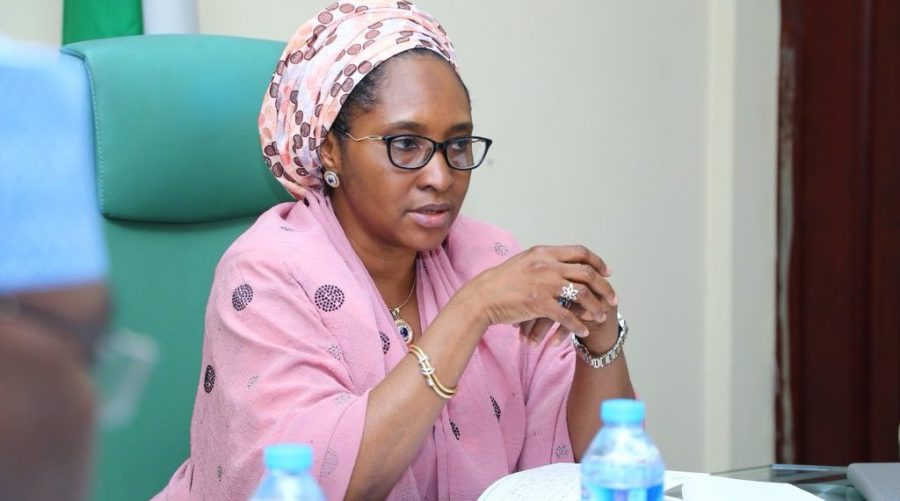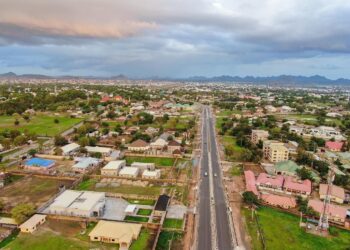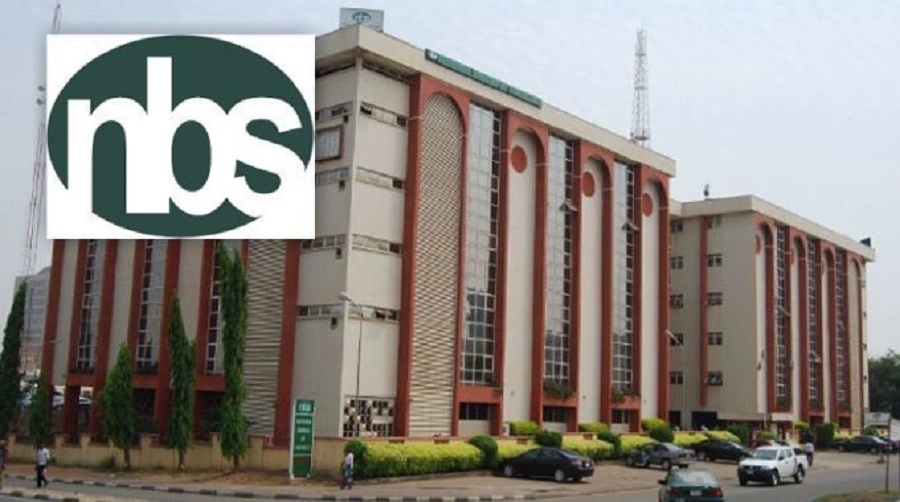The National Bureau of Statistics has released the report for the Federation Account Allocation Committee (FAAC) disbursements, covering January 2019.
The report shows that the sum of ₦649.19 billion was shared among the Federal, States and Local governments in Nigeria. This amount disbursed by FAAC shows a drop from ₦812.76 billion shared for December, representing a 25.2 per cent reduction in revenue allocation for the month of January.
Components of FAAC
The amount disbursed comprised of ₦547.46 billion from the Statutory Account, ₦100.76 billion from Valued Added Tax (VAT) and ₦976.53 million exchange gain differences
From the reports, the federal government received a total of ₦270.17 billion, States received a total of ₦178.04 billion and Local governments received ₦133.83 billion. Following the 13 percent derivation fund, the oil-producing States shared the sum of ₦45.36 billion.
Similarly, the revenue generating agencies such as Revenue generating agencies such as Nigeria Customs Service (NCS), Federal Inland Revenue Service (FIRS) and Department of Petroleum Resources (DPR) received ₦4.69 billion, ₦4.04 billion and ₦8.04 billion respectively as the cost of revenue collection
What each tier got
Further breakdown of revenue allocation distribution to the Federal Government of Nigeria (FGN) revealed that the sum of ₦216.57 billion was disbursed to the Federal Government of Nigeria consolidated revenue account; ₦4.81 billion shared as share of derivation and ecology; ₦2.43 billion as stabilization fund; ₦8.15 billion for the development of natural resources; and ₦5.82 billion to the Federal Capital Territory (FCT) Abuja.
Highest and lowest state recipients
At the states level, Delta received the highest revenue disbursement (₦17.36 billion) for the month of January, followed by Akwa Ibom (₦14.46 billion), Rivers (₦12.21 billion), Bayelsa (₦10.73 billion) and Lagos (₦9.75 billion). Also, Kano received ₦6.79 billion, Edo (₦5.40 billion), Katsina (₦5.17 billion) and Ondo (₦5.15 billion).
On the other hand, Ogun, Cross River, and Osun States received the lowest revenue allocation for the month of January with ₦3.17 billion, ₦2.91 billion and ₦1.73 billion respectively
Revenue drops as oil price declines to $62.8
The Nigerian government financial system operates a structure where funds flow to the three systems of government from the federation account. The Federation Account serves as the central pocket through which governments across all levels fund developmental projects as well as maintain their respective workforce. The Flow of Revenue into the Federation Account included oil revenues and related taxes, revenues generated from the Nigerian Customs Service trade facilitation activities, company income tax (CIT), any sale of national assets, surplus and dividends from State Owned Enterprises.
The fall in government revenue was attributable to the fall in revenue of crude oil export sales and non-mineral revenue. Recent statistics from the Central Bank of Nigeria (CBN) shows the decline in the price of crude oil. The fall in the price of crude oil is also coupled with the decline of barrels of crude oil sold. According to the Director, Department of Petroleum Resource (DPR), Mr. Mordecai Ladan,
“The oil and gas industry seemed to be under a new threat, THERE IS A renewed dislike and global war against fossil fuels and the quest for renewable and cleaner energy”.
“As sweet as Nigeria’s crudes are renowned to be globally, we have recently lost our most-valued customers and our gas buyers are themselves now competing with us in the same market space as suppliers”
As a result, there has been a reduction in the oil revenue for the period under review. On the other hand, the revenue collected from Value Added Tax (VAT) collected for the month increased from ₦88.39 billion to ₦96.73 billion in December 2018.
How does this affect the economy?
The over-dependence of the Nigerian economy on crude oil for foreign exchange revenue means that external fluctuations in the oil market transit to the economy via the forex markets. Consequently, manufacturers and traders who require forex to purchase their inputs as well as goods, but are faced with a depleting supply of foreign exchange in the country.
The decline in foreign exchange affects government revenue. A fall in revenue affects monthly allocations to state and local government, and this may largely affect some States government not being able to meet both recurrent and capital expenditures’ target. States with very low Internally generated revenue may be forced to still accumulates arrears being owed to the state’s workforce, which may slow down economic activities.























